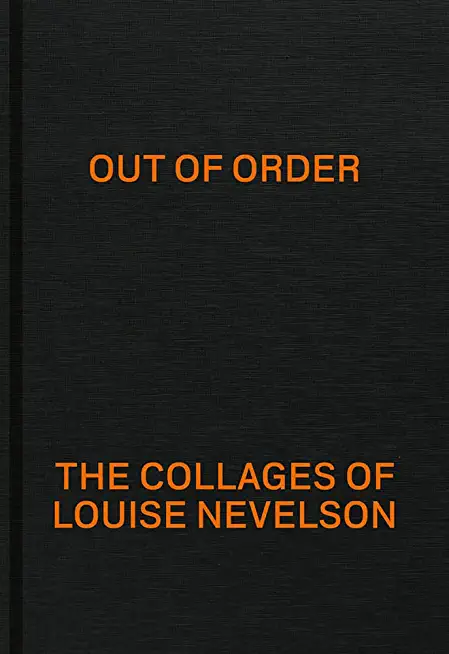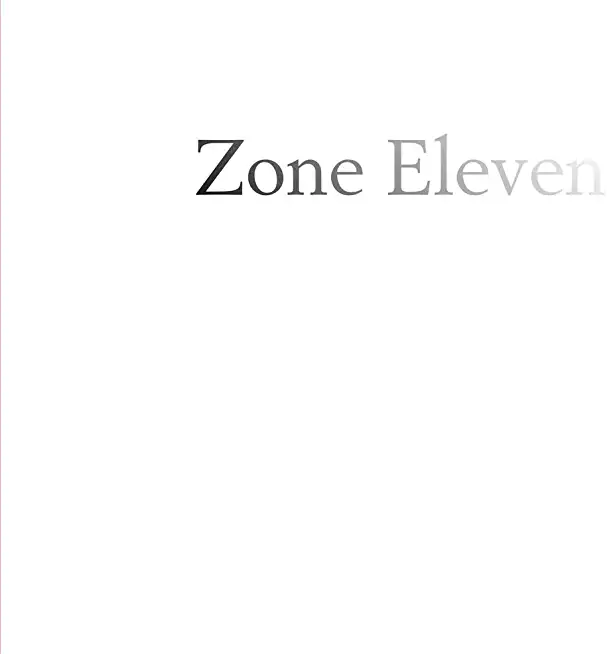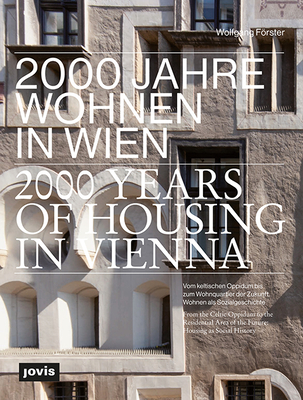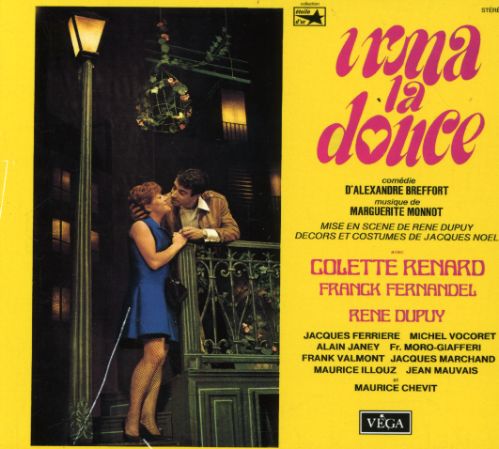
Portraits of a long-lost art-deco world of Jewish retirees, lawn chairs and palm trees
In January 1974, David Godlis, then a 22-year-old photo student, took a ten-day trip to Miami Beach, Florida. Excited to visit an area he had frequented a decade earlier as a kid, Godlis set his sights on an area of art deco hotels, a Jewish retiree enclave on the expansive beaches facing the Atlantic Ocean. These retirees, all dressed up in their best beach outfits, would spend their days on lounges and lawn chairs, playing cards amid the sunshine and palm trees. Photographing this somewhat surrealistic scene, Godlis discovered his own street photography style--an eclectic mix of Robert Frank, Diane Arbus, Garry Winogrand and Lee Friedlander. Godlis shot 50 rolls of black-and-white film in just ten days, making his way up and down the beaches, photographing what he didn't know then was essentially the end of an era. The area he photographed in 1974 is now the infamous South Beach. This volume reproduces this account of a vanished Miami Beach for the first time.
Born in New York City in 1951, David Godlis picked up his first camera in 1970. He stumbled into the burgeoning punk scene at CBGB on the Bowery in the mid-1970s, where, after seeing Brassaï's photographs of 1930s Paris, he began to photograph with long handheld exposures under the Bowery streetlights, portraying the Ramones, Television, Richard Hell and Blondie, documented in his first book History Is Made at Night. Since the late 1980s he has been the unofficial official photographer for the Film Society of Lincoln Center, covering the New York Film Festival.
member goods
listens & views
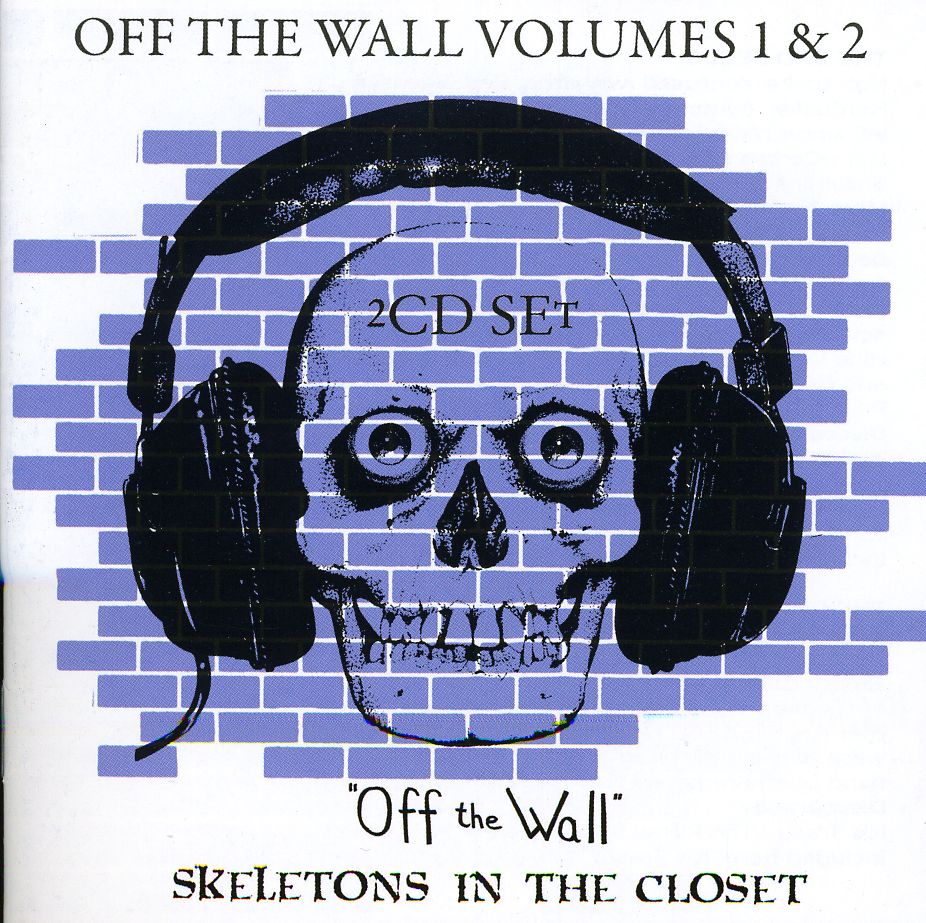
OFF THE WALL 1 & ...
by OFF THE WALL 1 AND 2: OFF THE WALL AND SKELETONS / VAR
COMPACT DISCout of stock
$25.49

